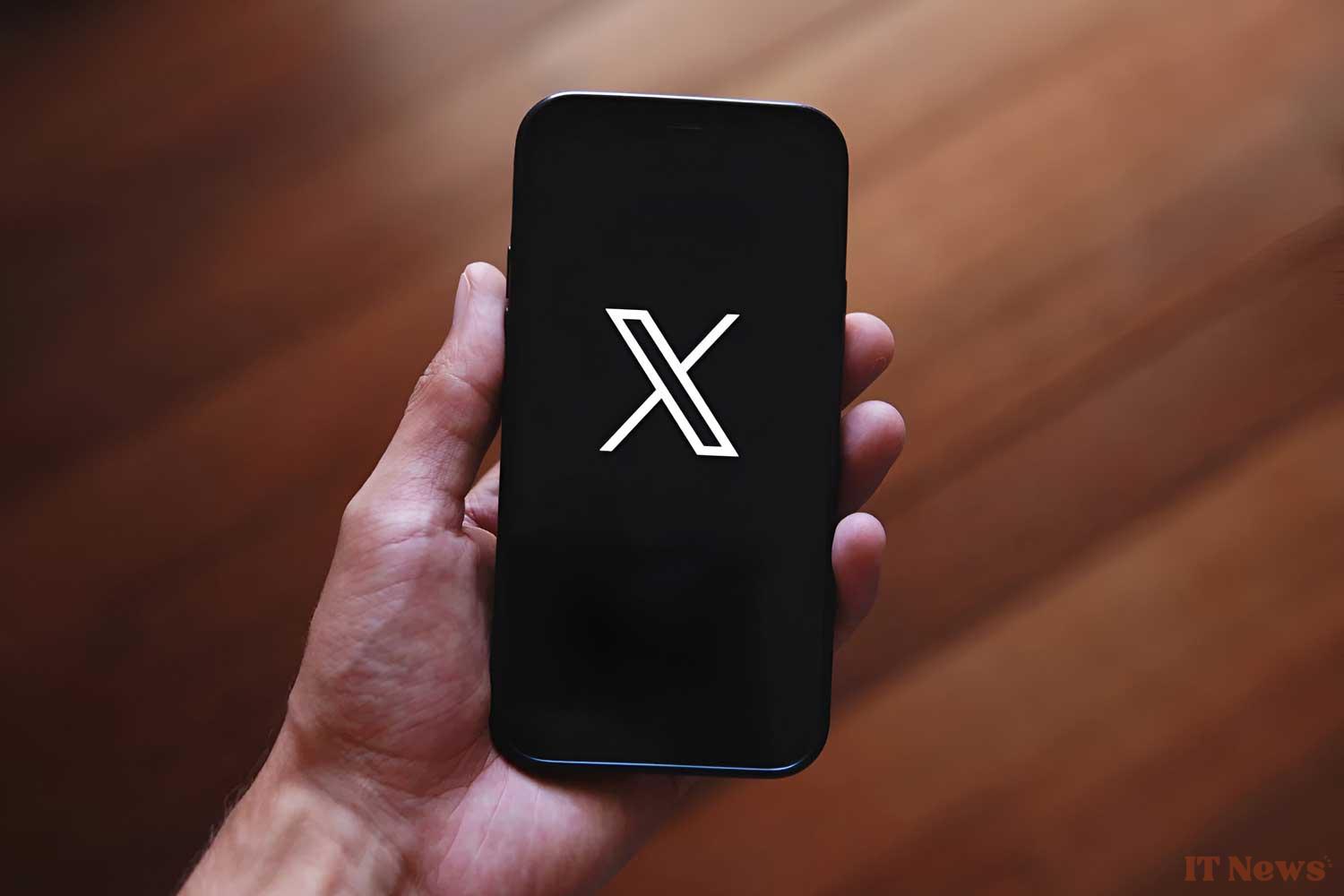Since June 2024, X (formerly Twitter) has officially authorized the distribution of pornographic content on its platform. This decision, supported by the social network's management, stipulates that users must be able to "create, distribute, and view sexual content as long as it is produced and distributed consensually." But this openness has legal consequences.
X classified as X?
The office of Clara Chappaz, Minister Delegate for AI and Digital Affairs, confirmed to Politico that her team is currently studying the possibility of designating X as a pornographic site under the decree on the protection of minors. "X has indicated since 2024 that it accepts the distribution of pornographic content. It must therefore be treated as such," explains the minister's office.
If this designation is approved, X will have to implement much more advanced age verification systems than the current simple declaration. France requires pornographic platforms to implement strict technical measures to prevent minors from accessing their content. Validated methods include sending ID, a biometric selfie, or a so-called "double anonymity" system.
The social network's application comes at a time when the government is seeking to more broadly protect minors online, a commitment reinforced by the SREN law (Securing and Regulating the Digital Space) and a technical framework published by Arcom in October 2024. Since June 7, pornographic platforms must comply with it. Three major sites—PornHub, YouPorn, and RedTube—have refused to implement these measures and are no longer accessible in France, leading to a standoff with the authorities.
In the event of non-compliance, the penalties are severe: fines of up to 4% of global turnover, access blocking by providers, or even delisting from search engines. These are measures that X could also face if it does not adapt.
This is not the first time that Elon Musk's platform has attracted the attention of French and European authorities. Brussels already opened proceedings in 2023 for alleged breaches of European legislation on hateful content and disinformation under the DSA. A fine of several hundred million, or even a billion euros, could be imposed in this context.
Furthermore, Ireland is investigating the use of European users' personal data, particularly to train the Grok chatbot, developed by xAI, X's sister company. In France, the platform's recommendation algorithm is also under scrutiny.



0 Comments